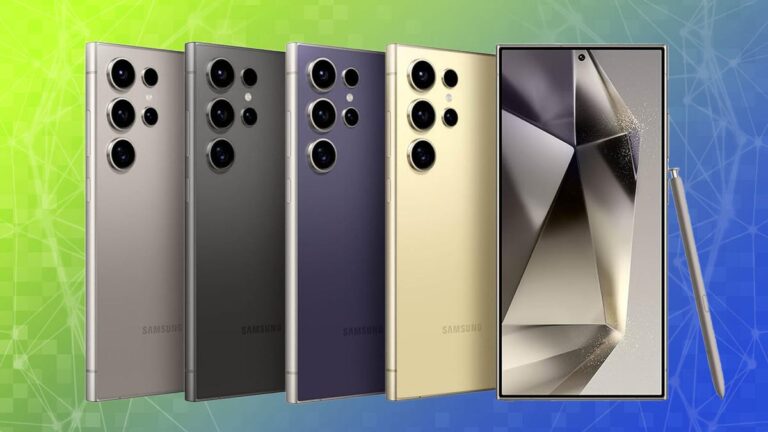Samsung said on Thursday it has agreed to acquire Oxford Semantic Technologies, a UK-based startup with knowledge graph technology.
The South Korean tech giant said that combining these technologies with on-device AI, such as that found in its Galaxy S24 series, would enable it to provide a “hyper-personalized” user experience while keeping personal data safe on the device. The company did not disclose details of the deal.
Also: 45+ Tablet Deals for Prime Day 2024: Last Chance Savings
According to Samsung, its Knowledge Graph technology stores information as an interconnected web of related ideas and processes data in the same way that humans acquire knowledge, memorize, recall and reason.
The company says this will enable a better understanding of how people use products and services, and enable faster information discovery and recommendations.
Also: Samsung’s S95D OLED is the best TV of CES 2024 and the best TV in the world right now
Founded in 2017, Oxford Semantic Technologies offers its technology in the form of an AI engine called RDFox that can be applied to devices to boost on-device AI capabilities, Samsung said, adding that it has been working with the startup since 2018.
Samsung said the graphs provided by these engines will integrate information and context from different services and apps to learn more about users’ preferences and usage patterns and create a tailored user experience. The South Korean tech giant said it plans to apply the engines to its mobile devices, TVs and home appliances.
The introduction of Galaxy AI has boosted sales of Samsung’s latest Galaxy S series, at a time when smartphone hardware improvements have reached a limit in recent years, hindering growth in the premium sector. AI has the potential to become a new growth driver, and Samsung is looking to further improve Galaxy AI.
Also: Samsung Galaxy Z Fold 6 vs Z Fold 5: Which premium model should you buy?
But while AI is certainly popular, it remains an open question as to what business models companies can find from it. Subscriptions are possible, but Samsung will need to justify them with content and services. Furthermore, improving AI will inevitably require data collection, which raises security concerns. On-device AI, which processes data on the device without going through the cloud, has been proposed as a solution to these concerns. Does anyone offer more devices than Samsung?


